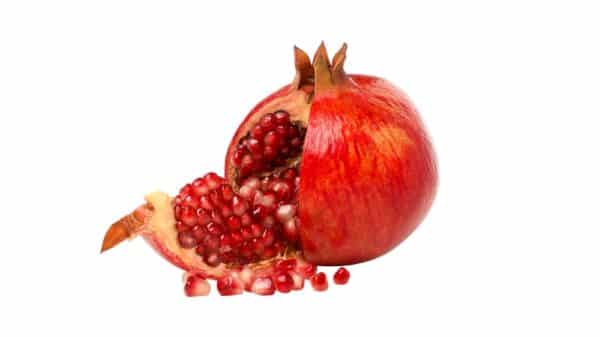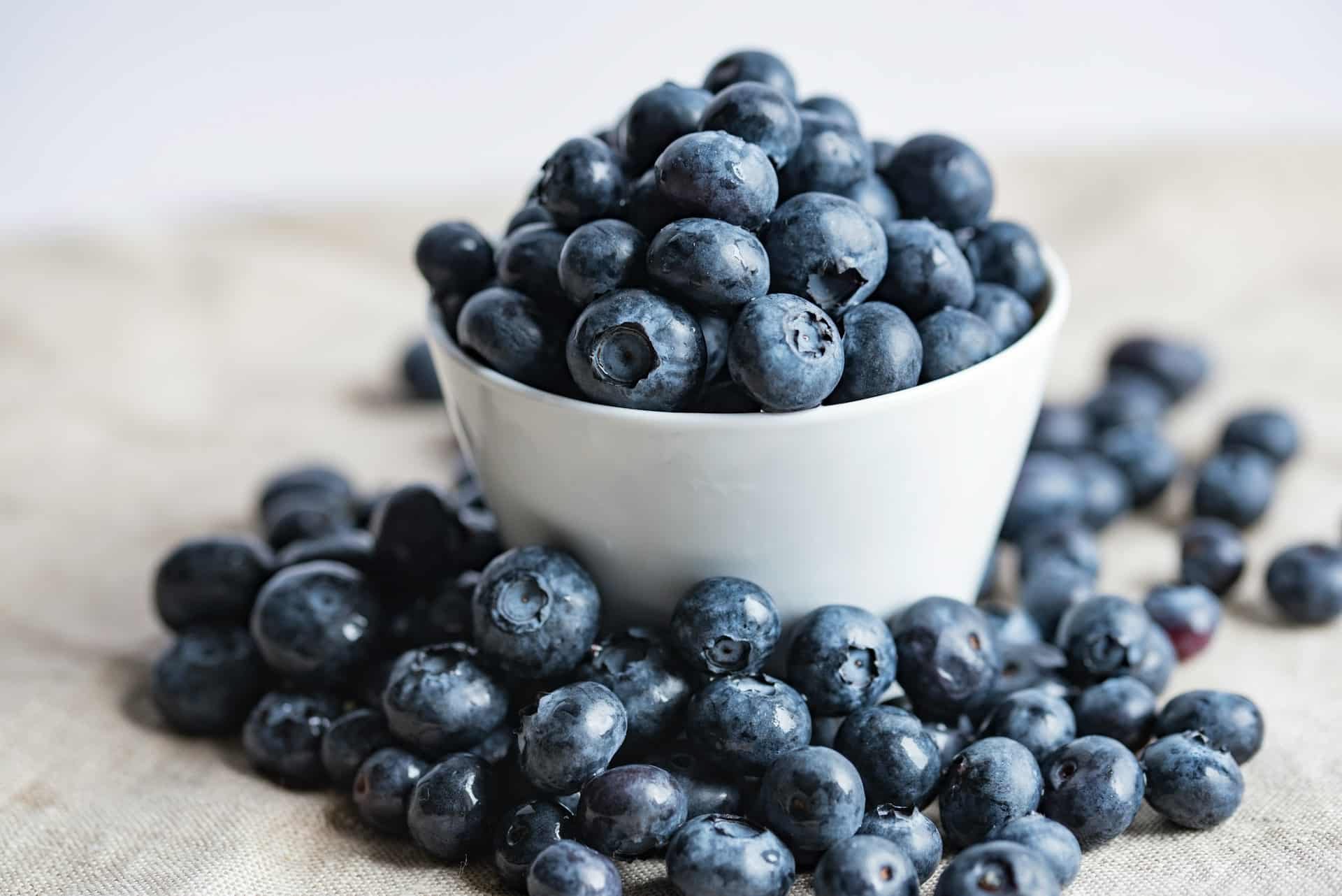The Vital Role of Diet in Brain Health
The brain is the command center of our body, directing everything from our motor functions to emotional responses. As we age, however, the risk of cognitive decline increases, potentially leading to debilitating conditions like dementia. Thankfully, there’s hope in a simple, delicious source: blueberries. Research indicates these small fruits can make a significant impact on cognitive health, providing a variety of protective benefits that are backed by science.
Understanding the Cognitive Benefits of Blueberries
Enhancing Blood Circulation in the Brain
Blueberries are widely recognized for their high antioxidant content, particularly polyphenols that promote healthy blood circulation. Registered dietitian nutritionist Kayla Farrell notes that anthocyanins—compounds abundant in blueberries—help boost nitric oxide production, which helps relax blood vessels. This improved circulation enhances cognitive functions, particularly important for older adults. Increased blood flow means more oxygen and nutrients reach the brain, promoting better mental agility.
Boosting Memory Function
Studies have shown a clear link between blueberry consumption and improved cognitive performance. Frances Largeman-Roth, another dietitian and nutritionist, highlights that anthocyanins contribute to better short-term memory and faster reaction times. Notably, research suggests that a diet rich in blueberries can slow cognitive decline in older adults by approximately 2.5 years, proving that these berries can be a delicious way to support brain health.
Combating Oxidative Stress and Inflammation
Blueberries’ rich antioxidant profile is instrumental in reducing oxidative stress—a critical factor in cognitive decline and age-related diseases like Alzheimer’s. By neutralizing free radicals, blueberries help manage this stress, contributing to healthier brain aging. Farrell emphasizes that a consistent intake of these berries may protect against inflammation, benefiting not just the brain but overall body health.
Supporting Overall Chronic Disease Prevention
The benefits of blueberries extend beyond brain health, as they also play a protective role against chronic diseases. Largeman-Roth notes that anthocyanins are tied to lowered risks of conditions such as cardiovascular disease and type 2 diabetes—all of which are linked to cognitive decline. Research indicates that a diet high in flavonoids can reduce the risk of various neurodegenerative disorders, reinforcing the importance of including blueberries in our diets.
A Fiber-Rich Snack for Gut and Brain Health
While often overlooked for their fiber content, blueberries pack a healthy punch with 3.5 grams of fiber per cup. Fiber plays an essential role in maintaining gut health, which has been linked to improved cognitive function through the gut-brain axis. A healthy gut can foster clearer thinking and focus, making blueberries an excellent choice for nurturing brain and digestive well-being.
Practical Tips to Enhance Cognitive Health
While incorporating blueberries into your diet is a fantastic step, other lifestyle changes can further bolster your cognitive health:
1. Prioritize Sleep: Quality sleep is crucial for brain function. Aim for 7-9 hours each night to allow your brain to clear toxins and consolidate memories.
2. Engage in Cognitive Activities: Stimulate your brain with puzzles, memory games, or new learning experiences. These activities foster new neural connections and keep your mind agile.
3. Eat Leafy Greens: Consuming just one cup of greens daily can significantly slow cognitive decline. Regularly include options like spinach or kale in your meals.
4. Include Healthy Fats: Foods rich in omega-3 fatty acids, such as fatty fish and seeds, are essential for solid cognitive function. Make these a part of your weekly grocery list.
5. Try Fermented Foods: Incorporating yogurt, sauerkraut, and kimchi can benefit both your gut and brain, thanks to their probiotic content.
Conclusion
Incorporating blueberries into your daily routine is an enjoyable and effective way to support brain health. However, they are part of a broader picture. A holistic approach that includes quality sleep, stimulating activities, nutritious food, and healthy lifestyle choices is essential for maintaining cognitive function as we age. Small changes can lead to significant rewards for your brain—and your future. Prioritize your mental well-being today!
Image Source: Unsplash































